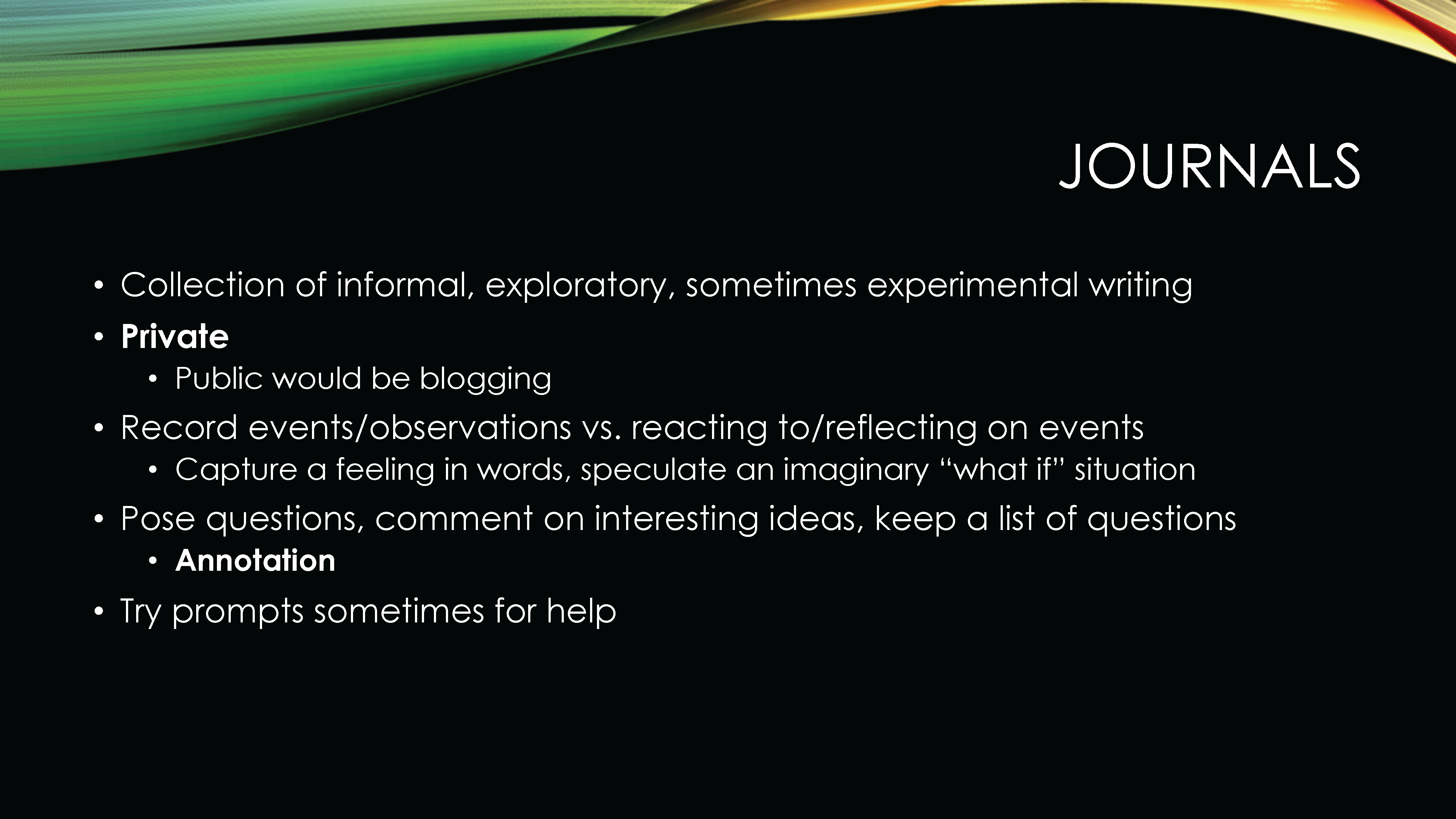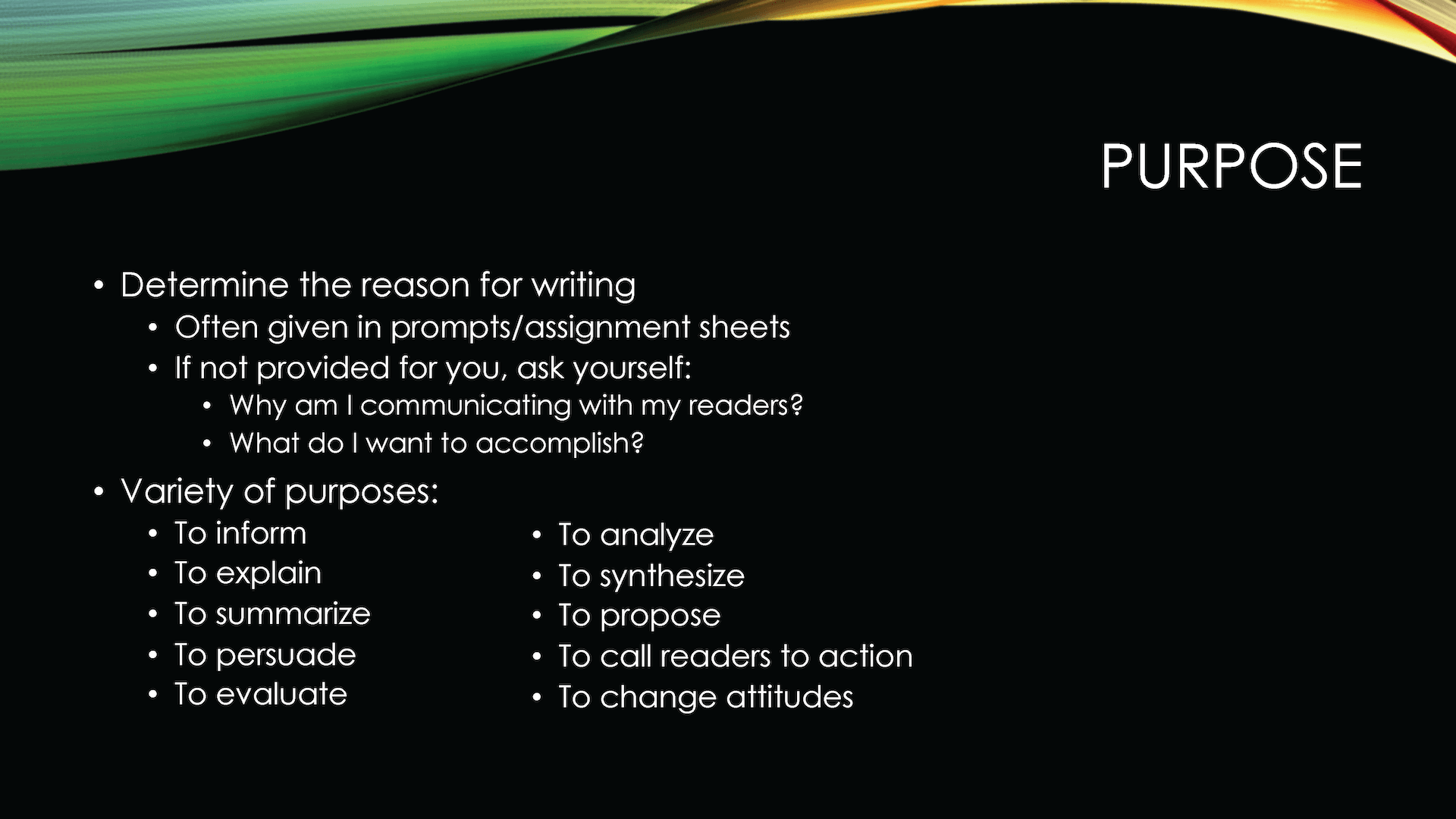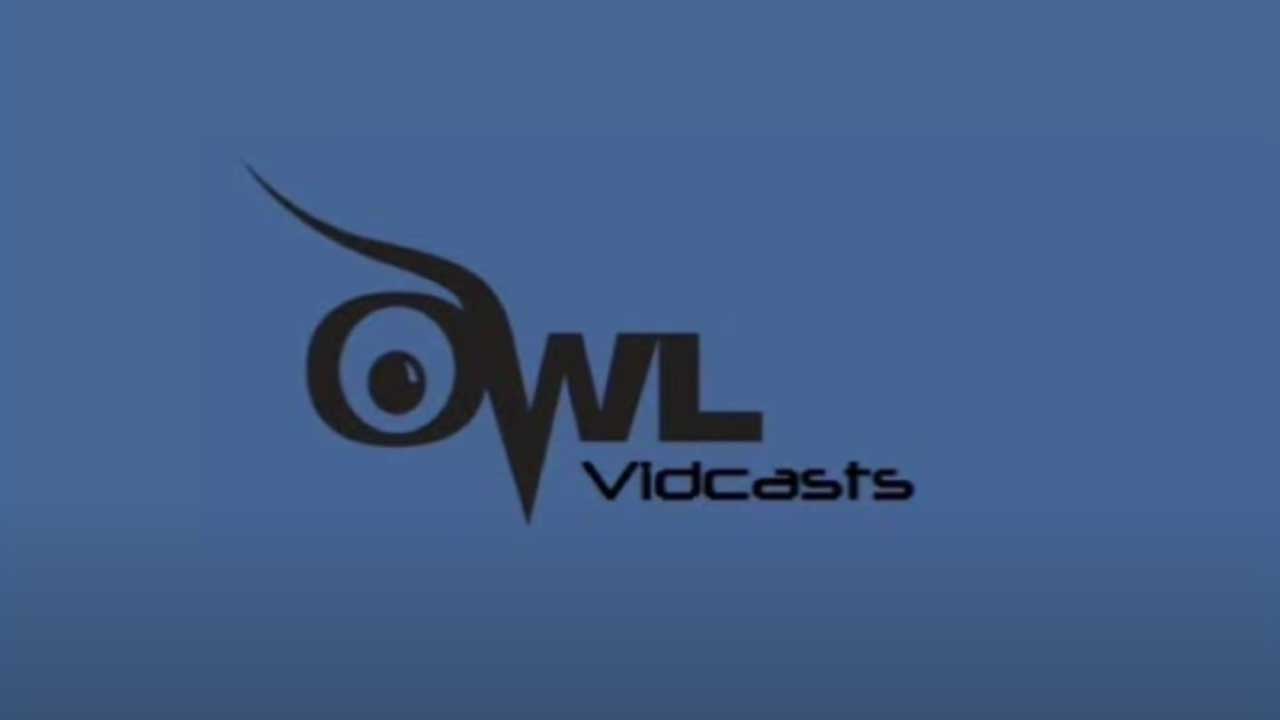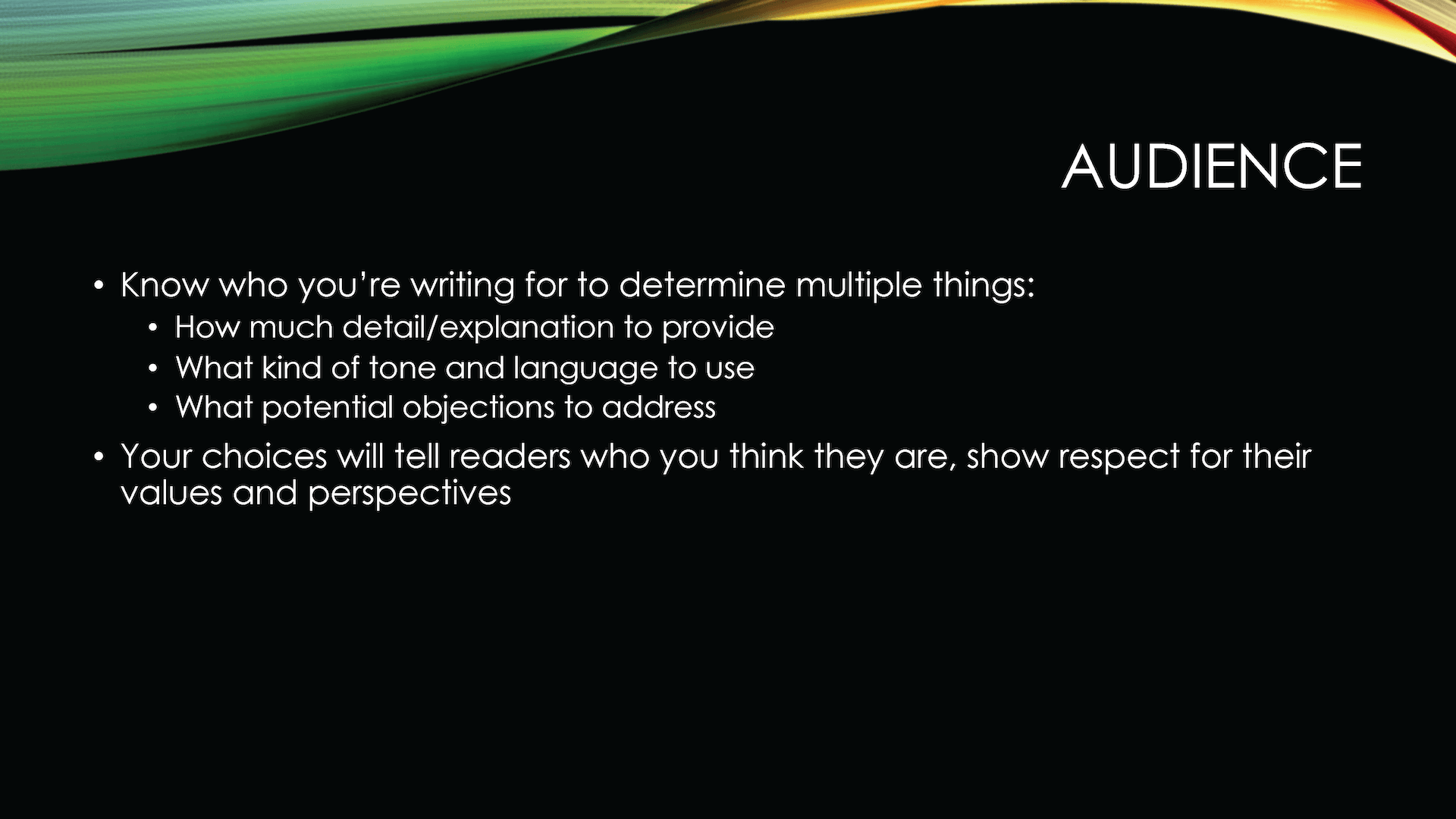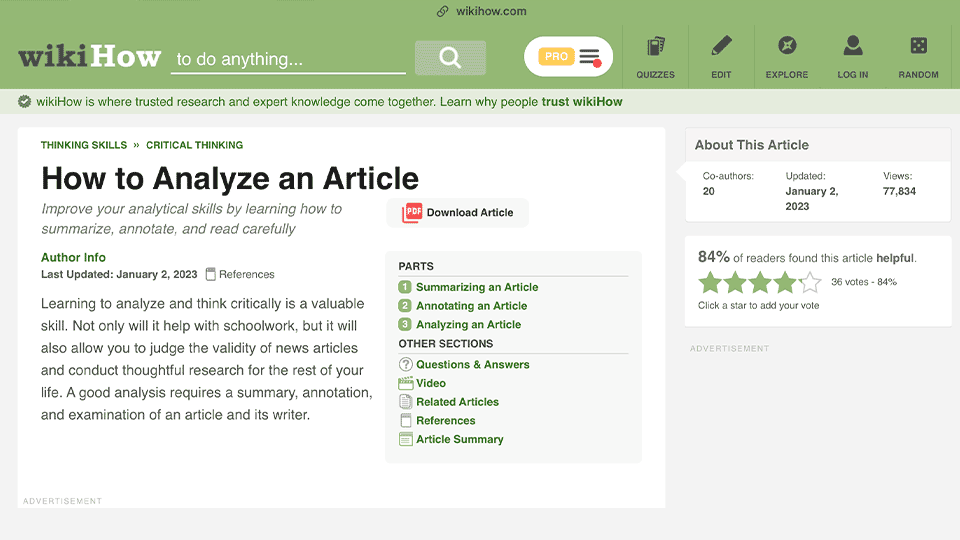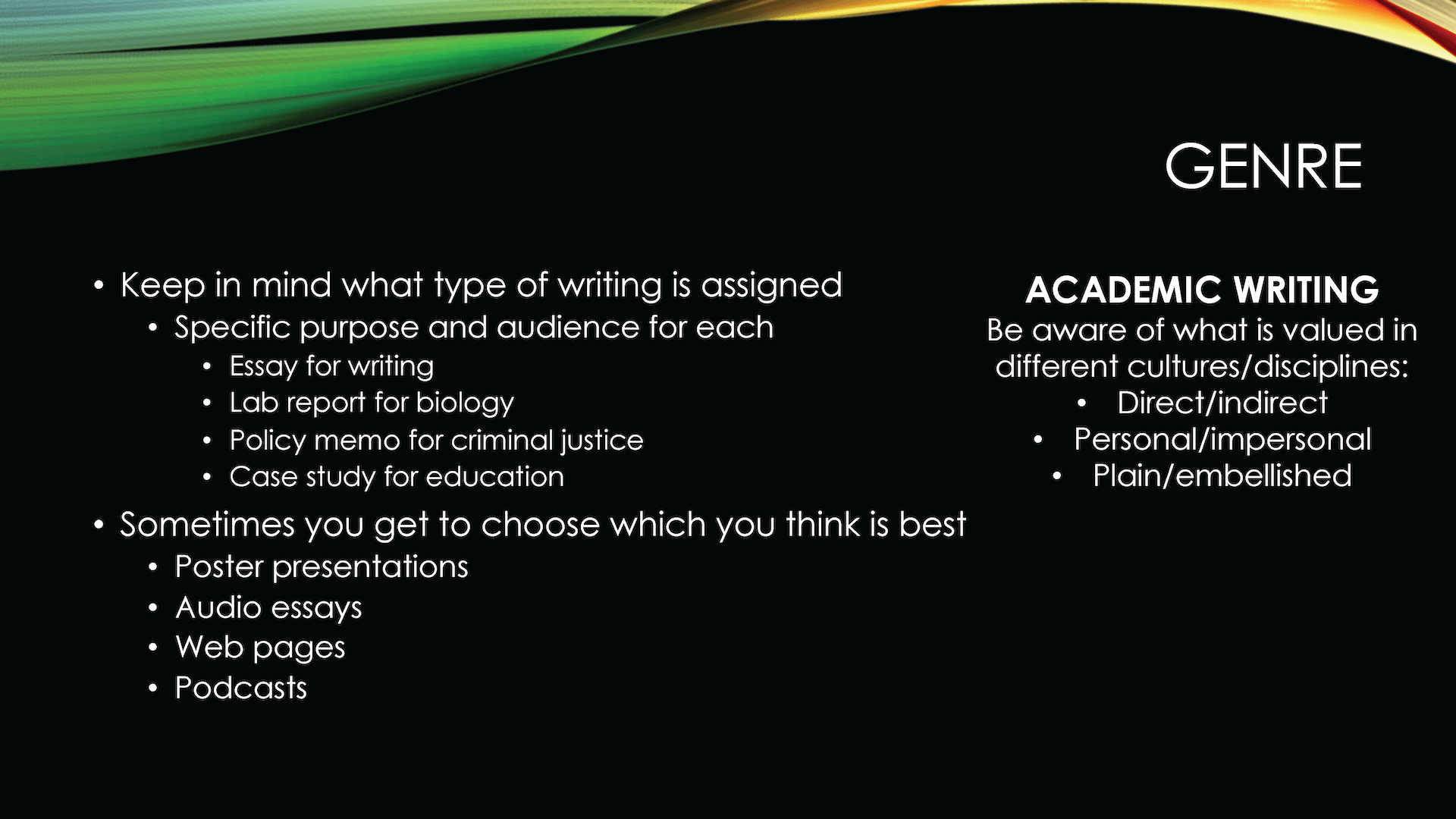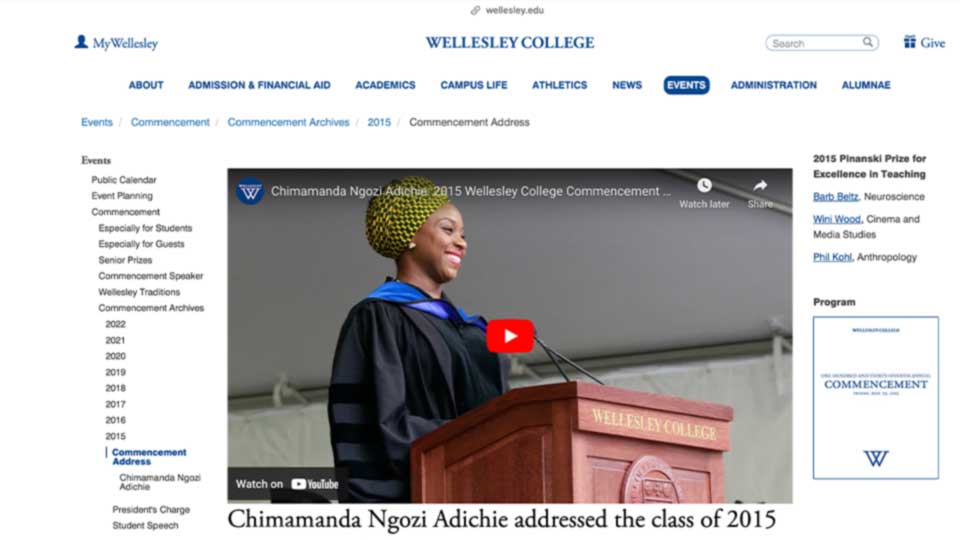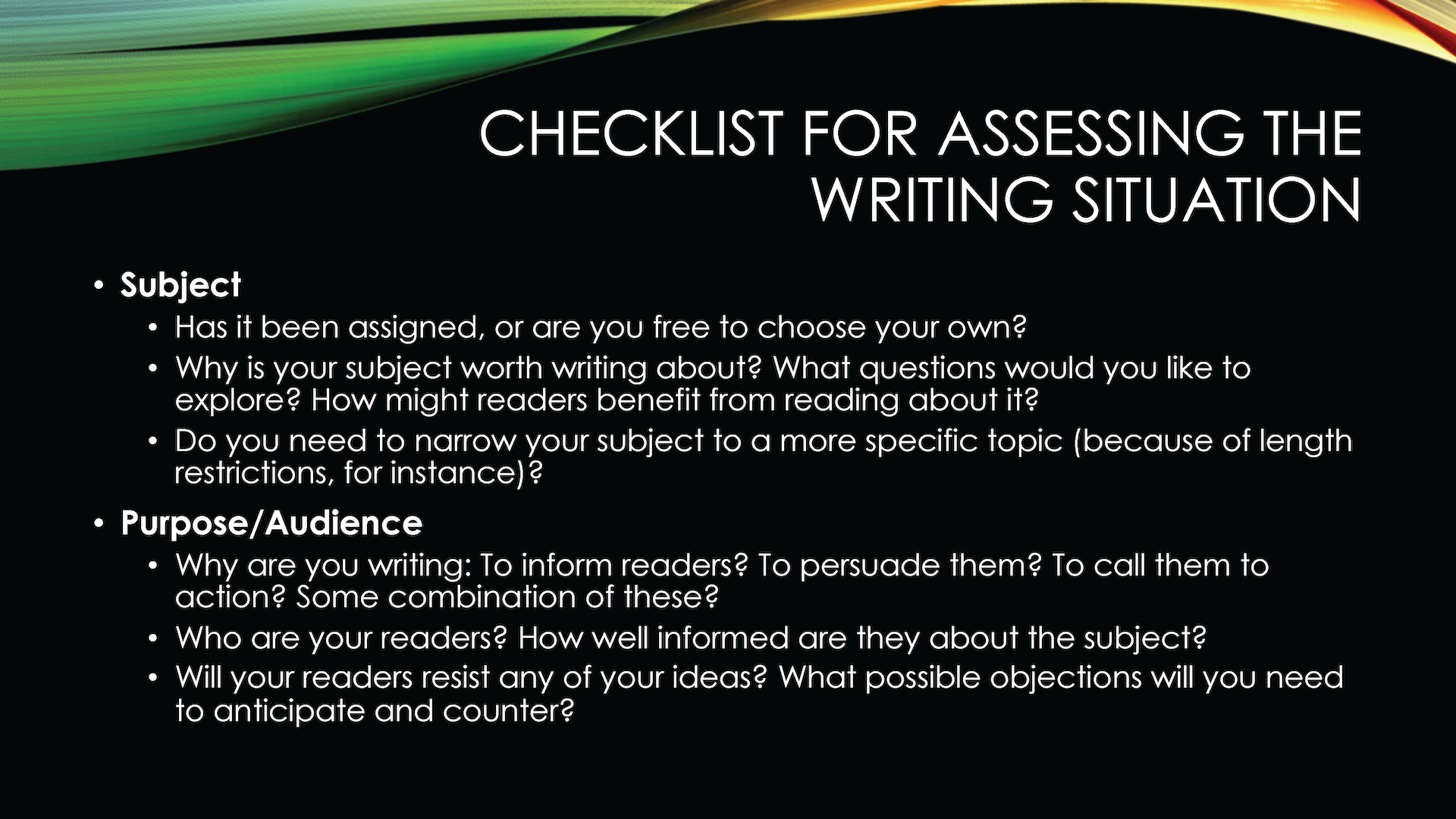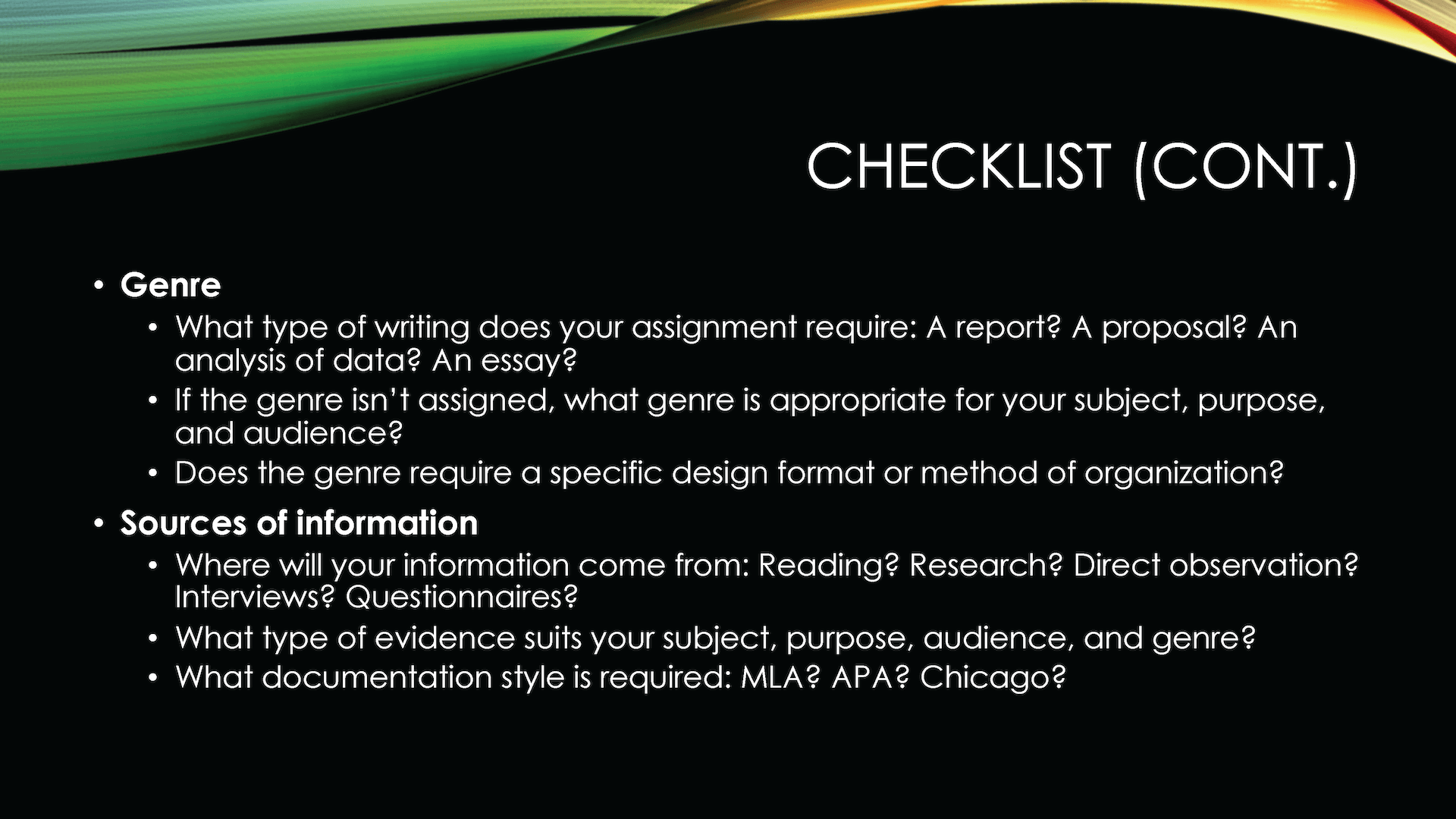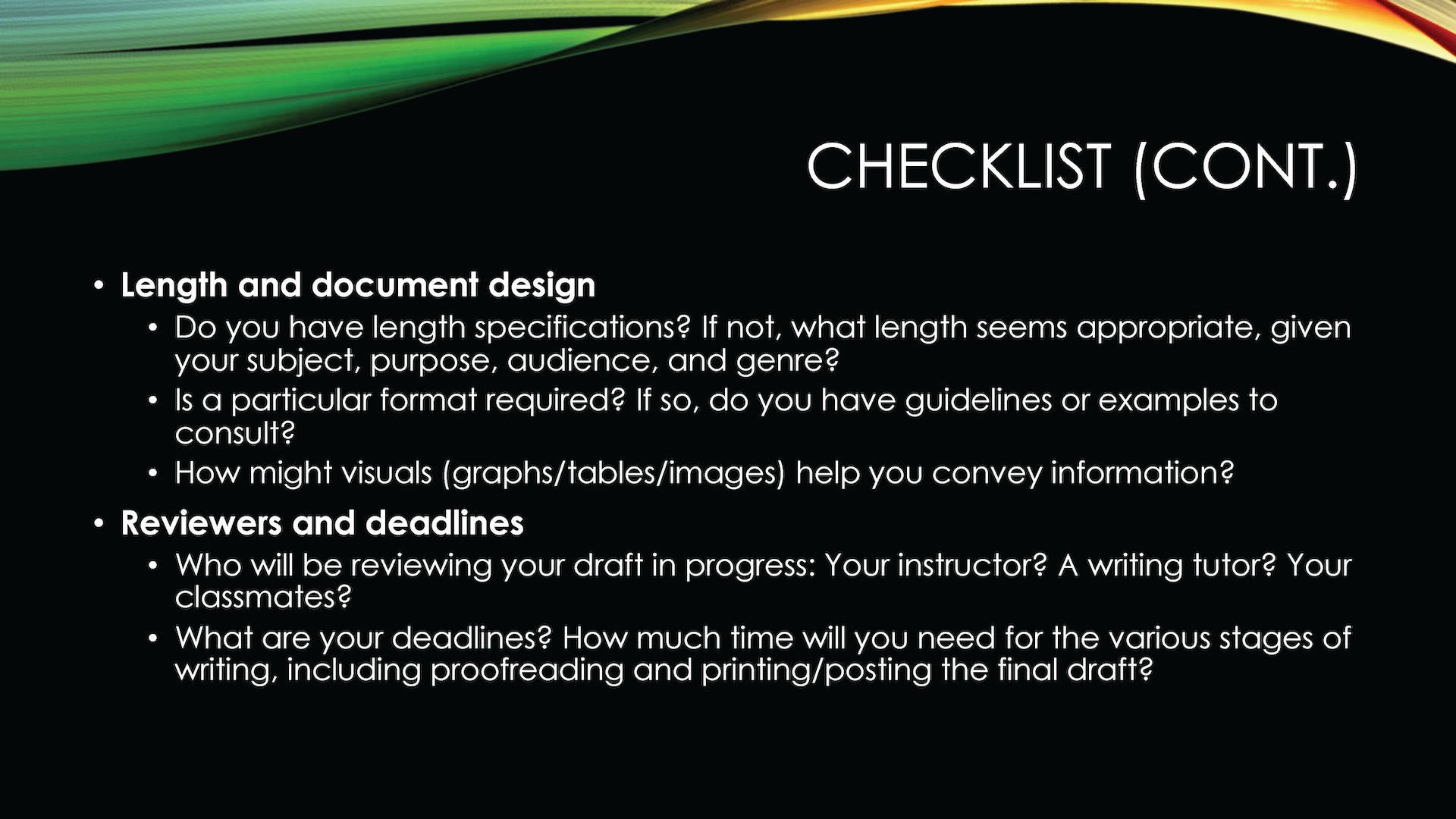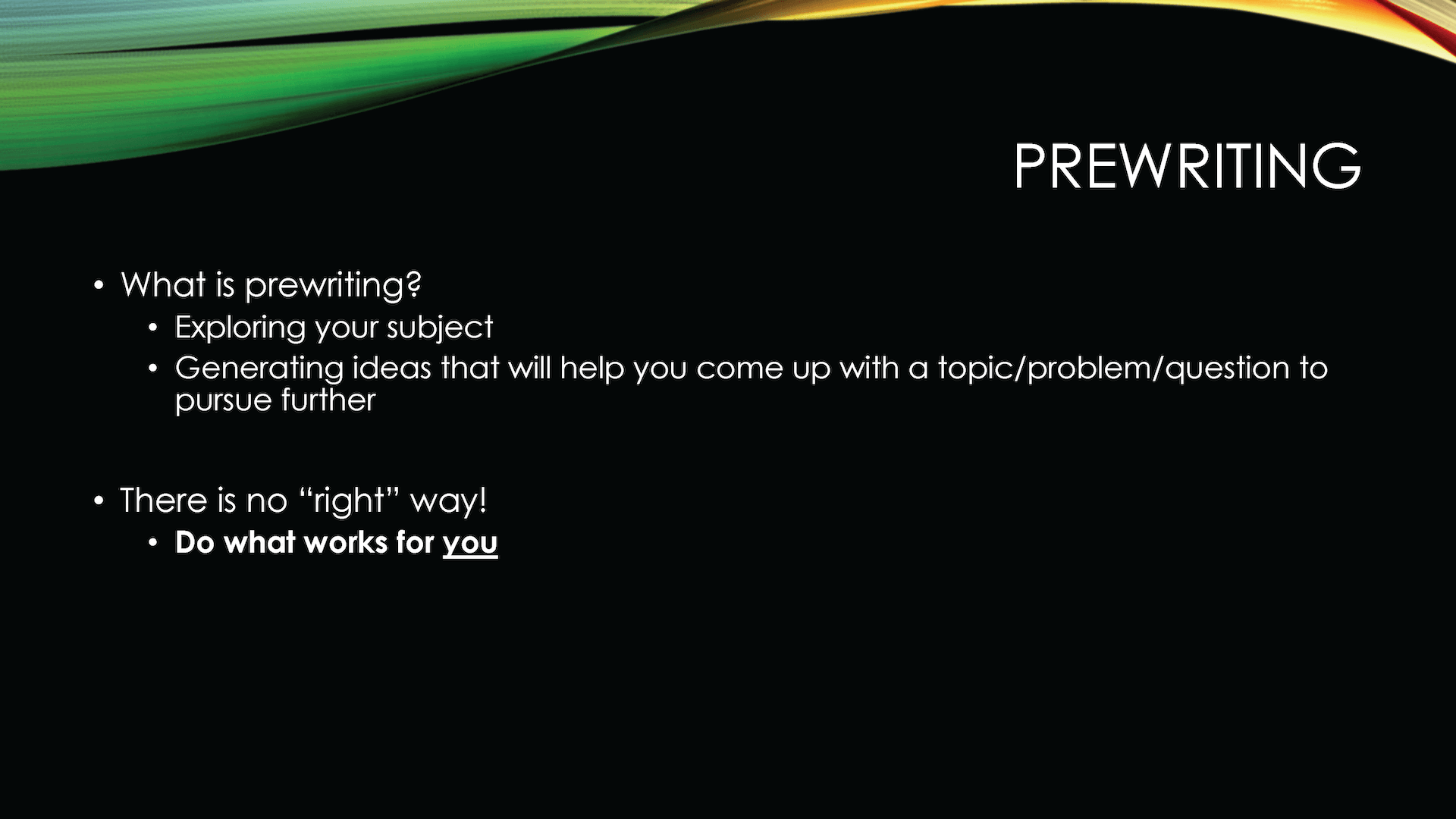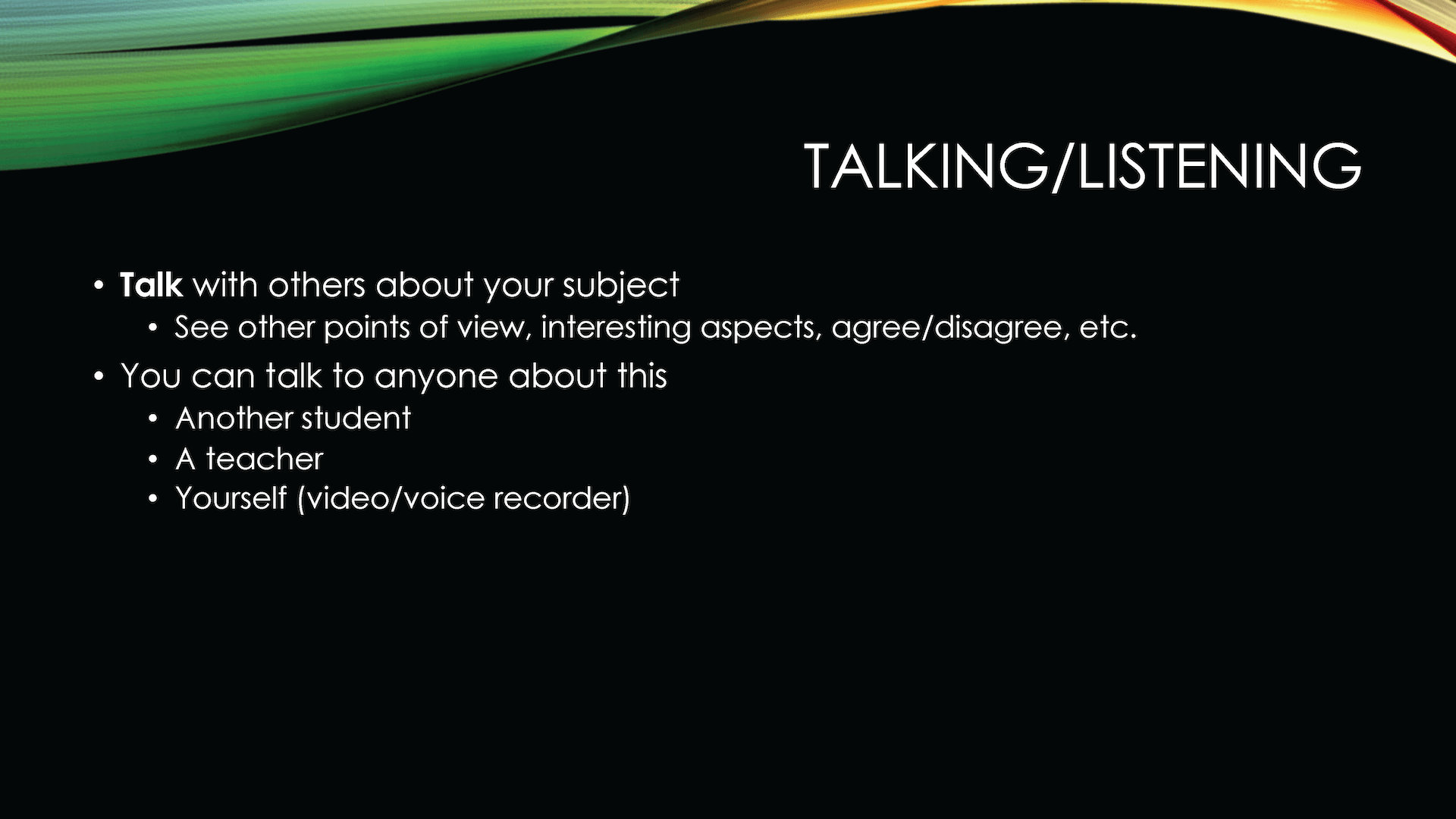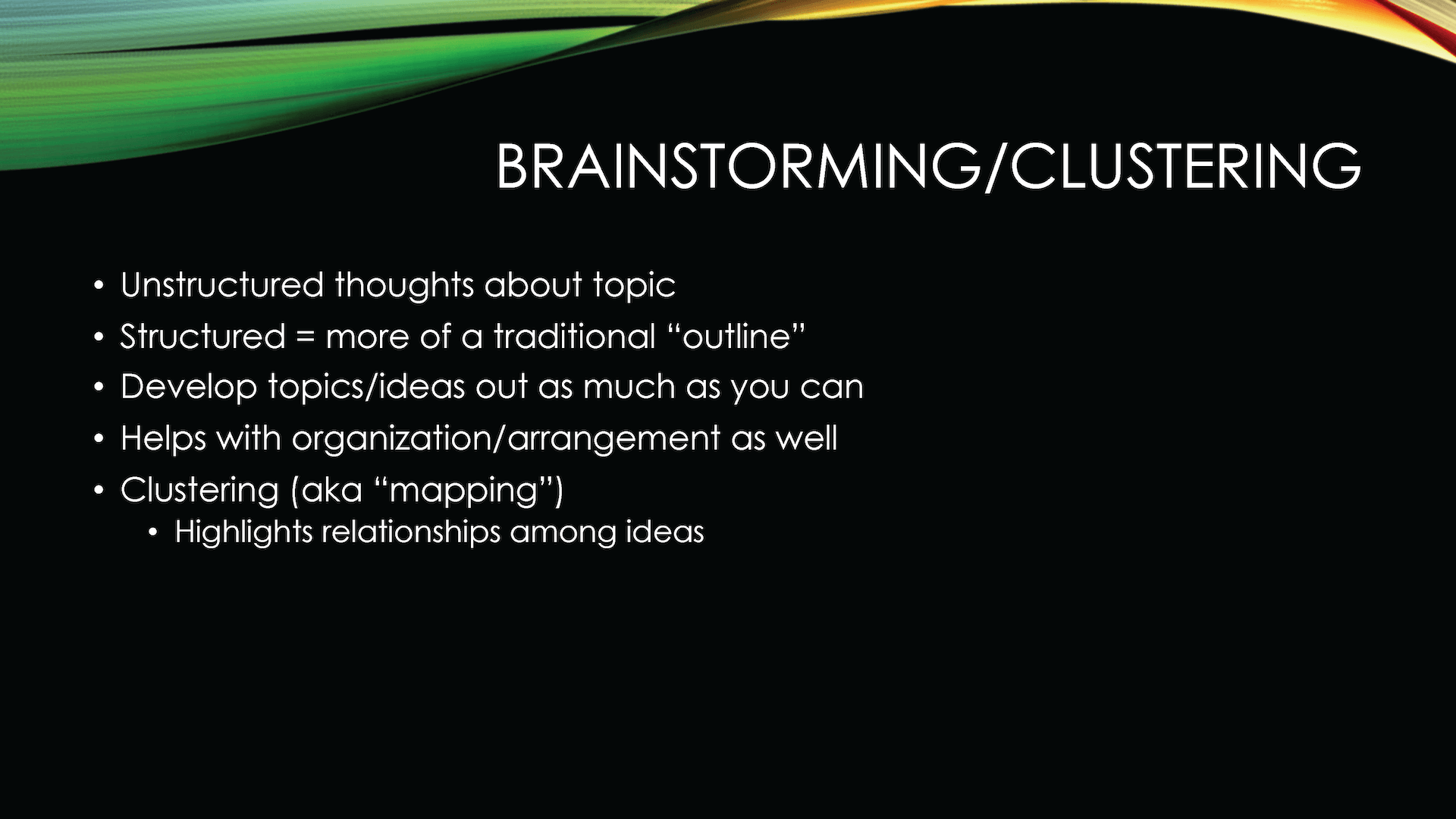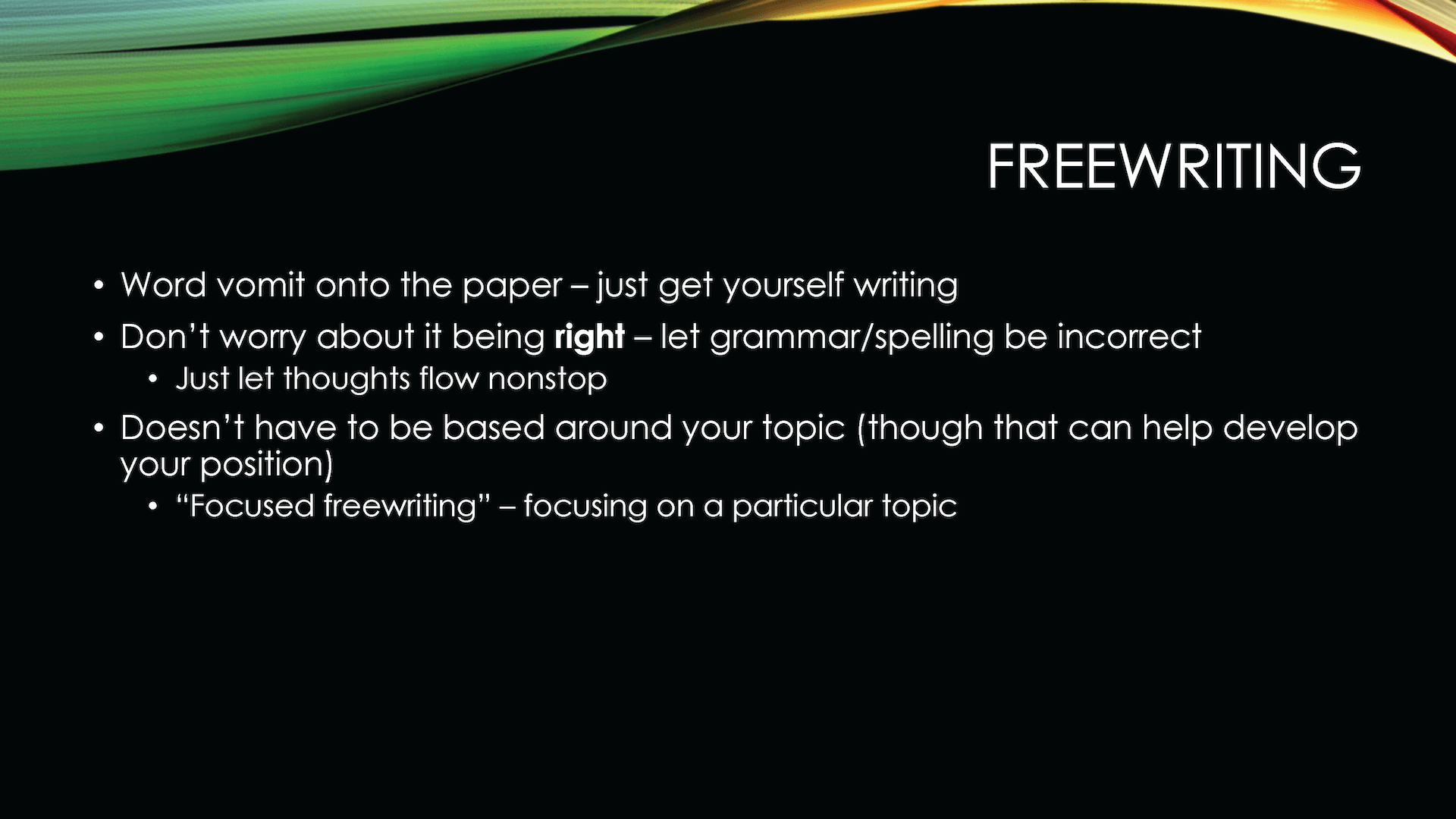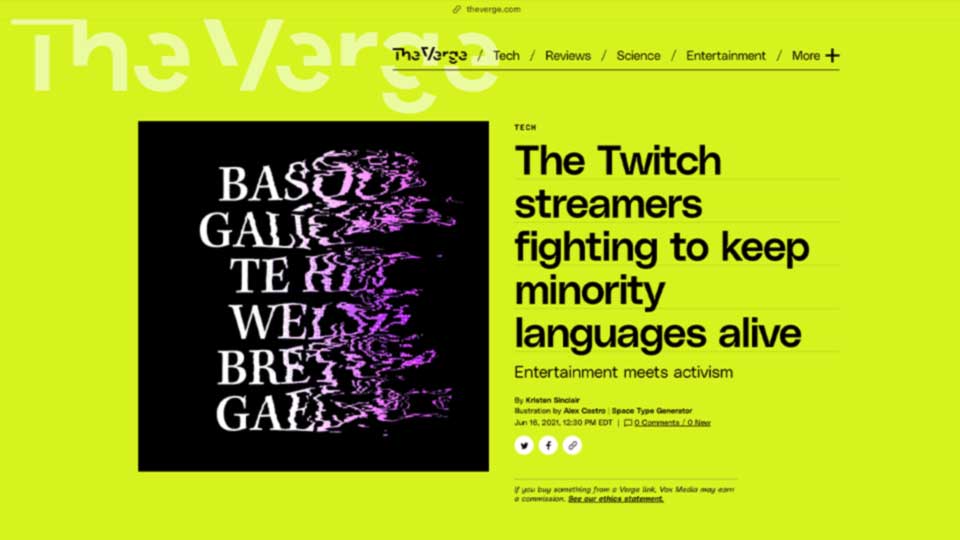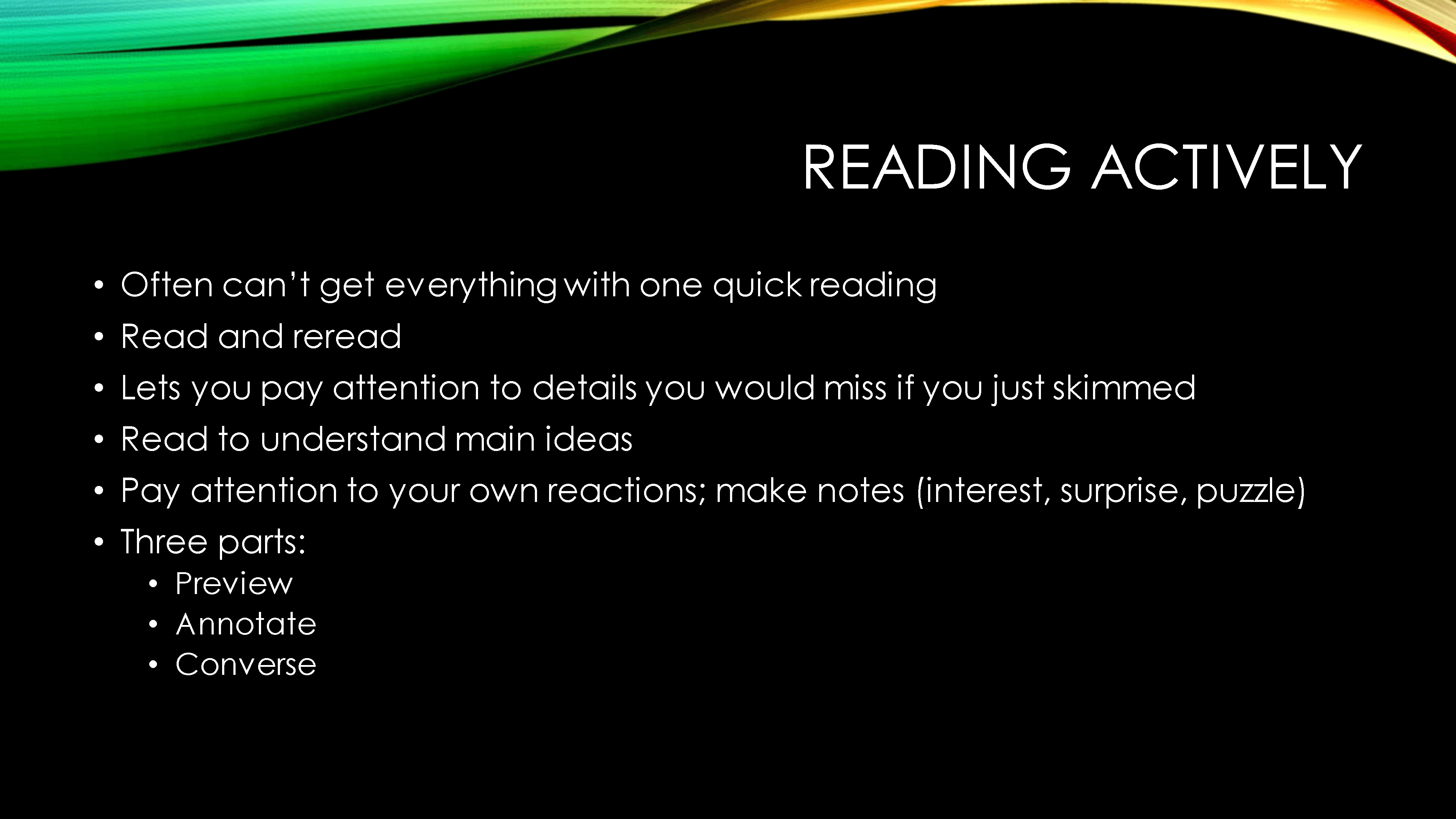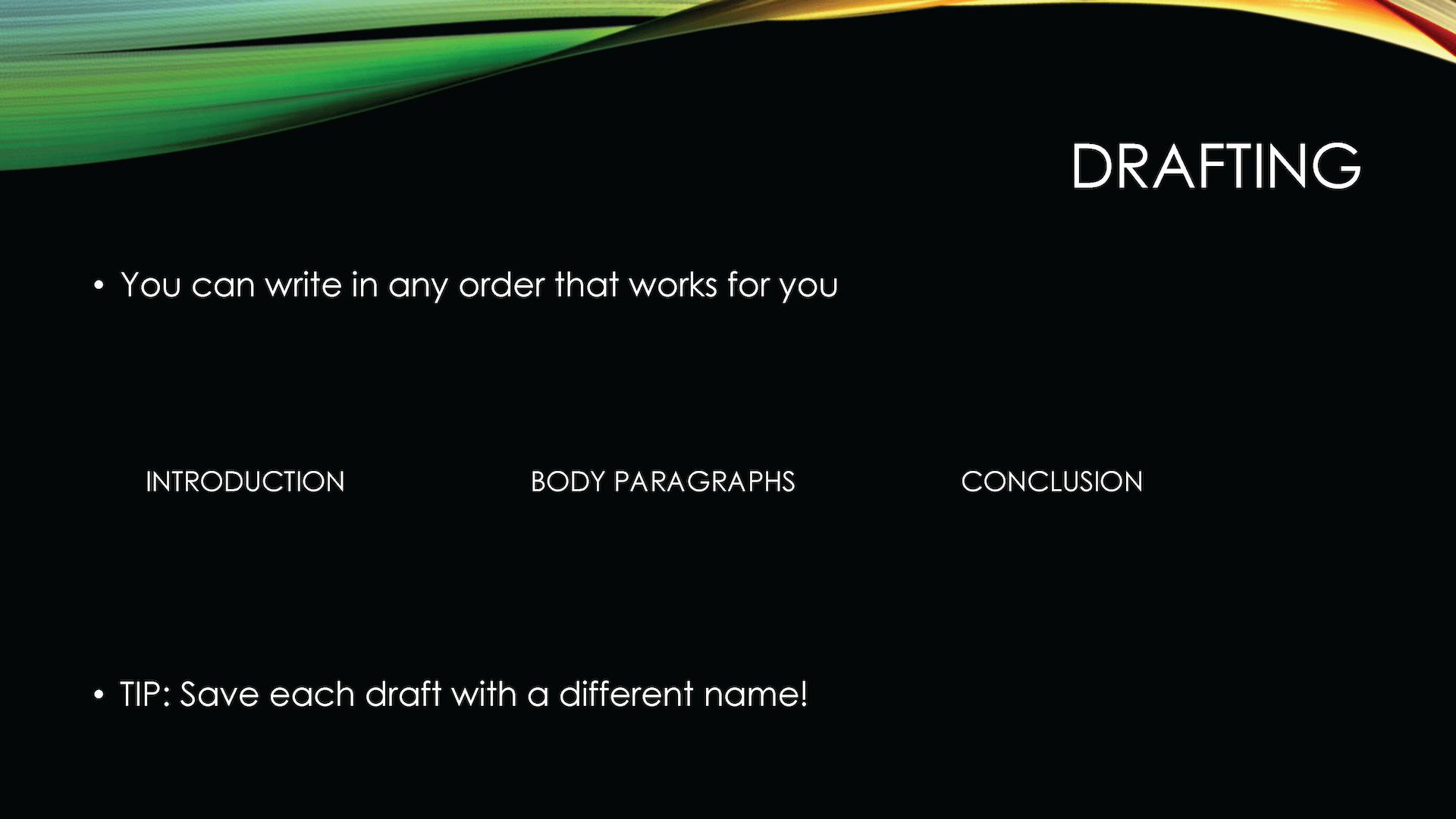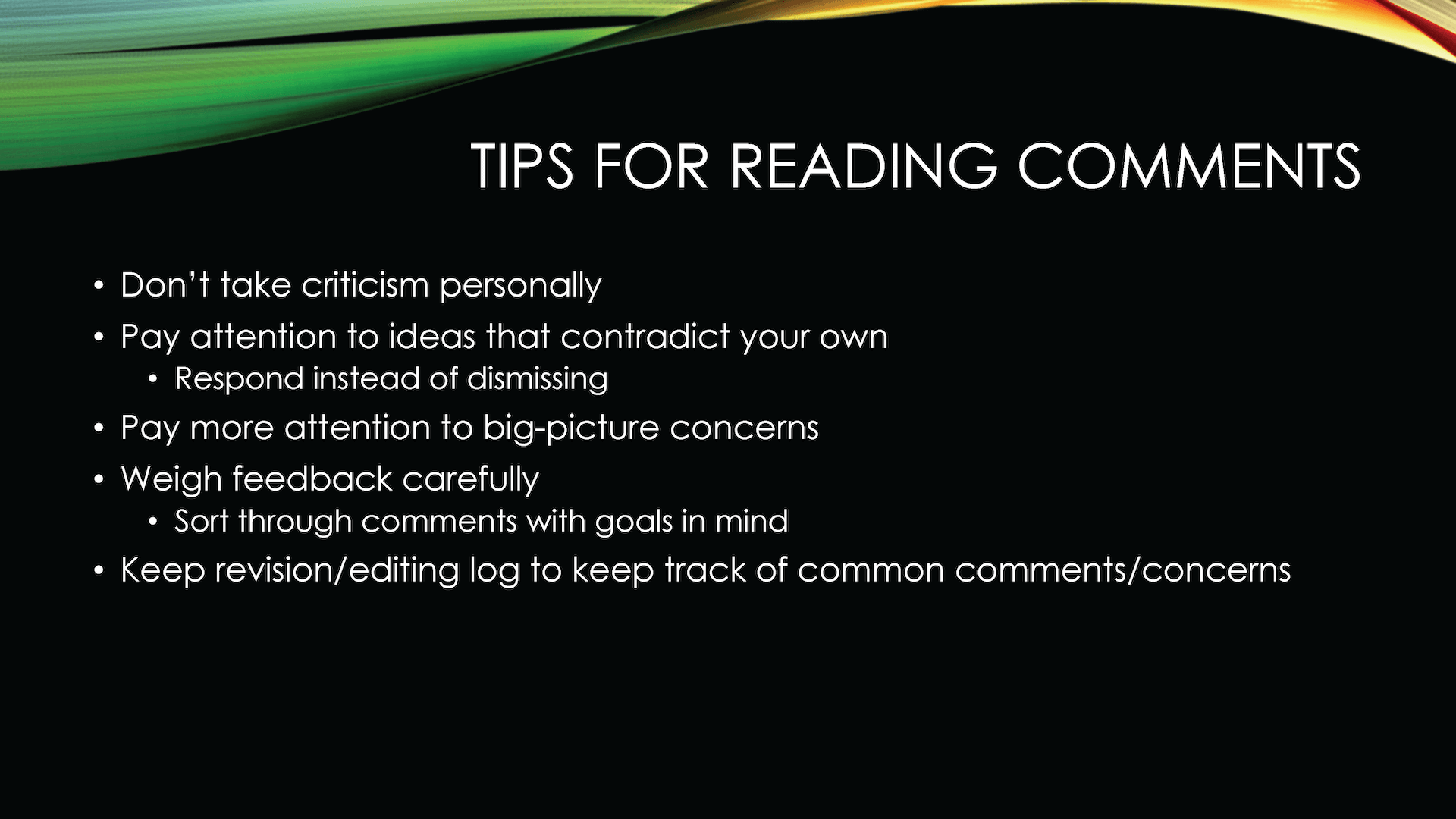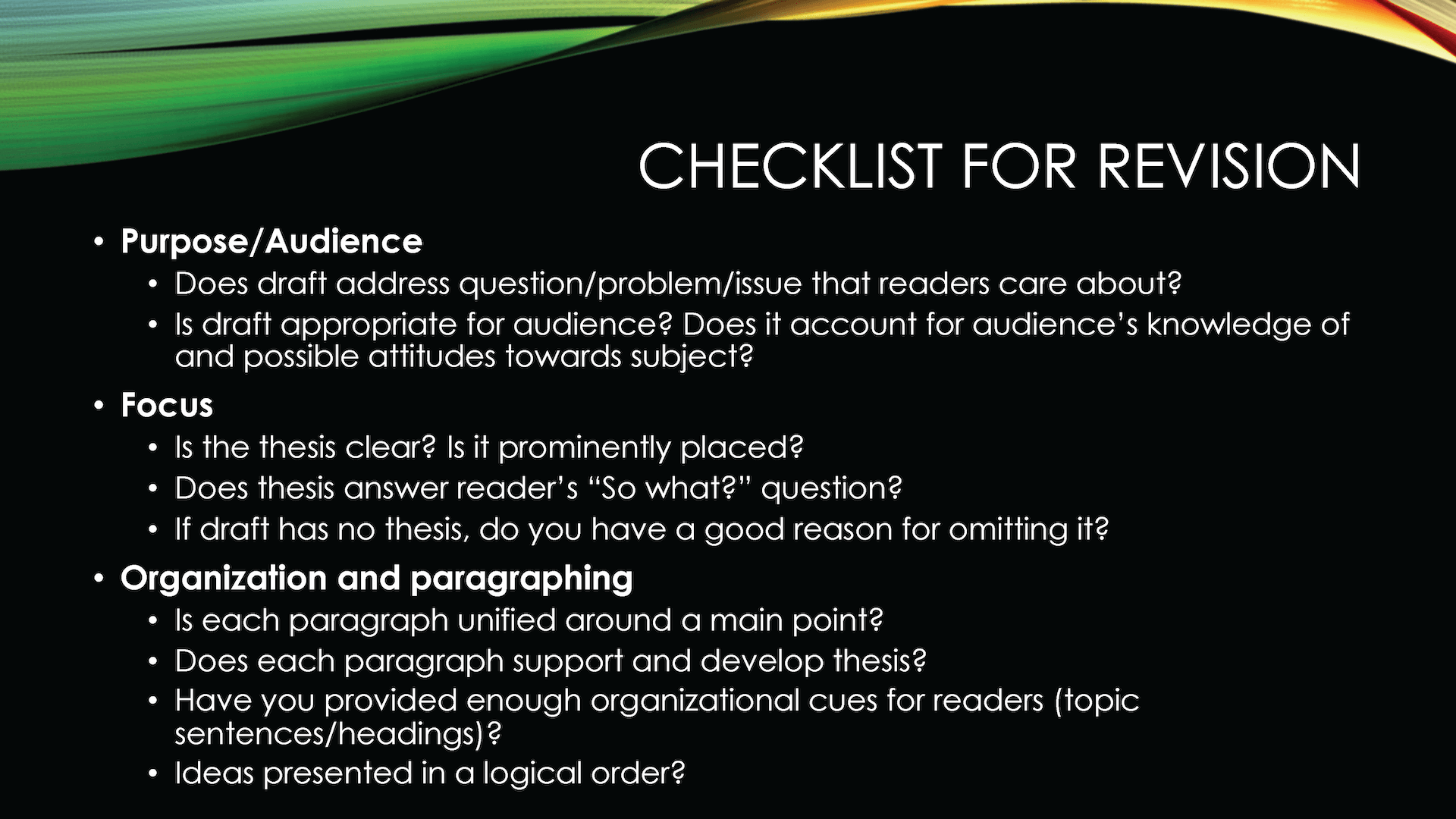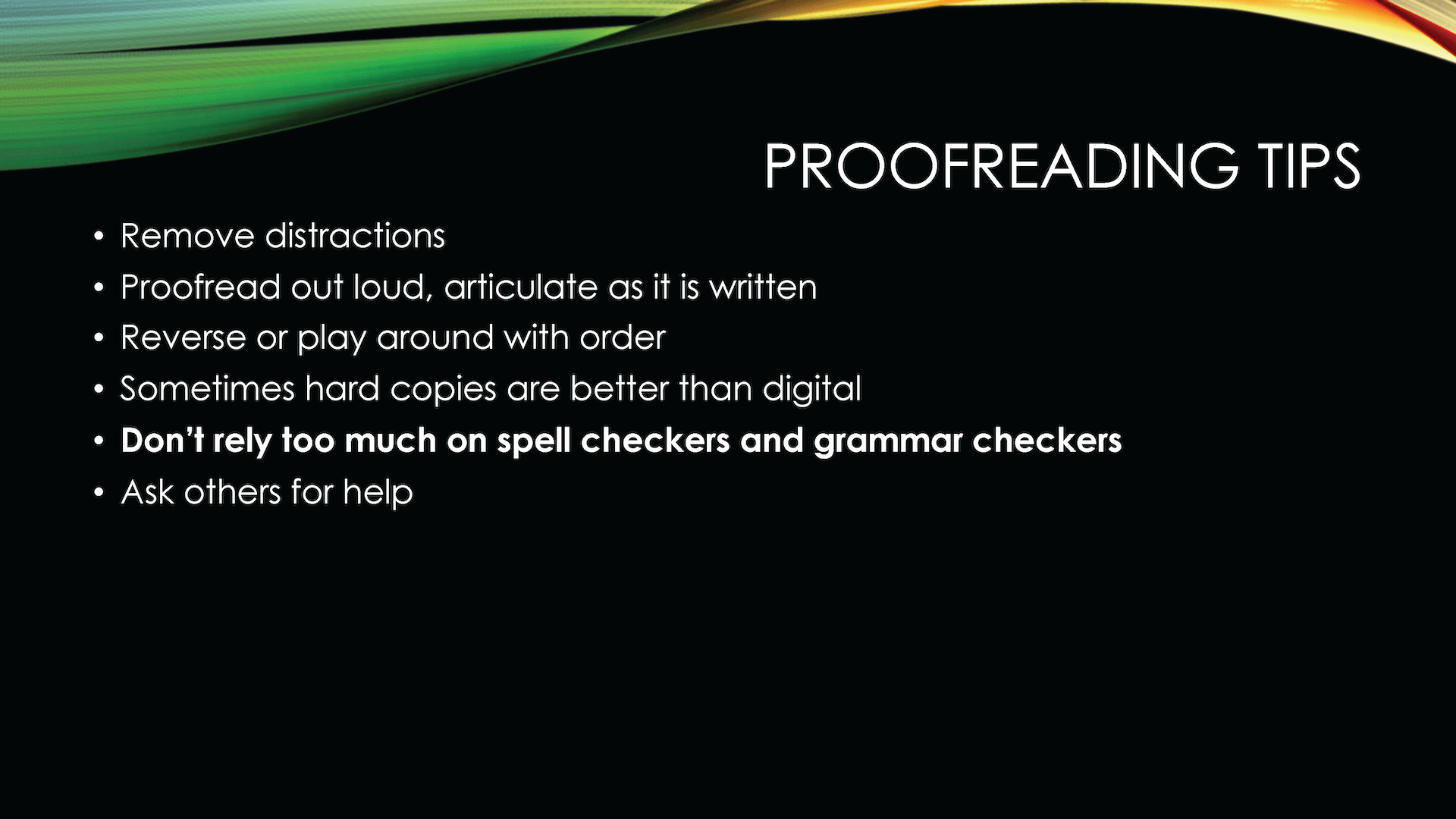Welcome to the beginning of an exciting literacy journey! The objectives on these pages will introduce you to a literacy framework that will enable you to effectively read and write at the college-level. You will employ critical thinking skills and academic writing concepts to successfully engage with literacies in your current or future majors, in your careers, and in pursuits beyond college. You will strengthen your literacy skills by building upon theoretical and pedagogical frameworks each week.

Contact
Michael Rymer
Associate Director of the SLU Learning Hub
michael.rymer@slu.cuny.edu
Course Overview
There are three weeks with three modules that include “watch,” “write,” read,” and “journal entry.” The purpose of these assignments is to help you understand others’ views on the chosen subjects as well as engage with your own ideas in your responses. Please keep all your writing together in a physical notebook and a digital notebook. As you critically converse with academic and non-academic texts, you will compose material that will culminate in a writing portfolio. Your portfolio will include brief written responses to videos and readings, a short video, an email, a blog post, a scripted interview, an analysis, a text, a speech, a memo, and a short essay. This course outline asks that you reflect upon your literacy journey from the first module to the last and transfer your work in and outside of the college classroom.
Week One: “What Is Literacy?”
This section will enable you to critically comprehend and compose college-level texts with a special emphasis on reading and writing. Through various assignments, you will learn how curiosity, creativity, and attention to literacy concepts can transform one’s worldview. Week 1 “What Is Literacy?” develops students’ ideas and allows students to grapple with the ideas of others in a meaningful way. The academic and non-academic texts provide insight to the dynamic conversations that surround literacy. Module 1, Module 2, and Module 3 include videos, written texts, and writing exercises that encourage participation. Critical to Week 1 is the consideration of why we read and write, why our voice matters, and how our language(s) shape our worlds. The allotted time and order to read and write the material are suggestions. Writing is a process that involves reflection, so take as much time as is needed to complete the tasks.
“You can use your reading and writing to gain other things: knowledge, connections, earning, participation.”- Deborah Brandt, Ph.D.
1. Literacy and Language
Slides
Slide 1 “Journals” addresses the benefits of journals. Remember: your journal can be a book, a saved folder on your computer, or a multimodal document containing videos, images, and written text.
Watch
The videos in Module 1 will introduce you to the conversations surrounding literacy and language. As you watch, take notes, and keep these questions in mind: 1) What is literacy? 2) How is literacy defined in the 21st century? 3) Are there many ways to be literate?
Zachary Nichol: What is literacy in the 21st century?
(4:35 mins)
Jamilah Lyiscott: 3 Ways to Speak English
(4:16 mins)
John Trischitti: Literacy is the answer
(11:30 mins)
Write
In an email to a friend, explain why proficiency in literacies and/or languages is crucial in the 21st century? (20 min)
Read
As you read the article (“Written Off”) and literacy narrative (“Mother Tongue”) below, please jot down memorable quotes. Why do these quotes resonate with you? Consider the author’s purpose and audience(s) as you read.
- Andrew J. Rotherham: Written Off (15 mins)
- Amy Tan: “Mother Tongue” (20 mins)
Journal Entry
Please choose one.
- In your opinion, what is responsible for the “literacy crisis?”
- What can be done to resolve the literacy crisis? (20 mins)
Checklist
Did you…?
- Watch 3 videos that discuss literacy and language?
- Pay attention to quotes, purpose, and audience in the readings?
- Experiment with the genre of email by writing an email to a friend about literacy and/or language?
- Write 2-3 responses in your journal about the literacy crisis in the United States?
2. Literacy Narratives
Watch
The videos in Module 2 expand upon the benefits of literacy and define the genre of literacy narrative. As you watch, take notes, and keep these questions in mind: 1) How does my literacy benefit me? 2) In what ways have academic reading and writing been a challenge?
Deborah Brandt: Literacy is a resource
(2:43 mins)
Sarah Lorish: My Literacy Narrative
(6:36 mins)
Cynthia Selfe: What is a Literacy Narrative?
(5:38 mins)
Write:
Begin to compose your own literacy narrative. In a short video, relay a childhood memory of reading or writing? (30 mins)
Read
The readings below provide further examples of the genre of literacy narratives. Please click on relevant hyperlinks while reading. As you read, reflect upon your journey with literacy. Jot these thoughts down in your notebook.
- CUNY Academic Commons: Literacy Narratives Explained (with examples) (45 mins)
- Kiki Petrosino: “Literacy Narrative” (15 mins)
Journal Entry
How can writers connect their personal literacy narratives to a wider audience? (20 mins)
Checklist
Did you…?
- Watch the videos and consider how your literacy benefits you?
- Familiarize yourself with the genre of literacy narrative in the two readings?
- Experiment with storytelling by creating a literacy video?
- Record your thoughts in your journal about the connections between speaker, audience genre, and context?
3. Language
Watch
The videos in Module 3 examine language in all its dynamism. As you watch, take notes, and keep these questions in mind: 1) Is there a “right” way to speak or to write? 2) How can other languages, including texting, help you in your academic writing? 3) What is McWhorter’s purpose in his videos?
John McWhorter: Txtng Is Killing Language. JK!!!
(13:48 mins)
John McWhorter: 4 Reasons to Learn a New Language
(9:52 mins)
Write
Do you speak other languages? Why can it be beneficial to acknowledge other “Englishes” and languages when writing in academic contexts? (25 mins)
Read
The readings below explore perceptions of “other” languages and debates surrounding non-standard language. As you read, reflect upon your views of standard language and non-standard language in academic contexts.
- Danny Hensel: Are your Texts Passive Aggressive? The Answer May Lie in Your Punctuation (8 mins; 3-minute listen)
- CCCC: Students’ Right to Their Own Language pp.1-9 (30 mins)
Journal Entry
What assumptions are made about speakers of non-standard English varieties and/or second languages? (15 mins)
Checklist
Did you…?
- Watch and note how language functions in academic and non-academic contexts in the two videos?
- Write the benefits of including other languages in academic writing?
- Discover new ways to think about language in the two readings?
- Record your thoughts in your journal about speakers of non-standard English varieties and second languages in academic contexts?
Week Two “The Rhetorical Situations”
This section provides readings and videos that introduce you to the rhetorical situations: purpose, audience, and genre. Through disparate assignments, you will learn how curiosity, creativity, and attention to the rhetorical concepts can result in college-level academic contributions. As you watch, read, and write, you will learn rhetorical and stylistic choices that are appropriate to a variety of audiences, genres, and contexts. Module 1, Module 2, and Module 3 include videos, written texts, and writing exercises that encourage participation.
By the completion of Week 2’s third module, students will be able to identify rhetorical concepts in their own writing and that of others. The allotted time and order to read and write the material are suggestions. Writing is a process that involves reflection, so take as much time as is needed to complete the tasks.
“What is the process by which the orator creates and presents discourse? What is the nature of rhetorical discourse? What sorts of interaction occur between speaker, audience, subject, and occasion?”- Lloyd F. Bitzer (“The Rhetorical Situation”)
1. Purpose
Slides
Slide 1. “Purpose” addresses the “Why?” in the writing situation. Reflect upon your reasons for writing.
Watch
The videos in Module 1 introduce and define the rhetorical situation. As you watch, write them down.
Professor Lenz: The Rhetorical Situation
(5:08 mins)
Write
Purpose is a critical element of the rhetorical situation. Writers and speakers must consider purpose and audience when creating text.
- A) Compose a text message to your parent requesting a $100 loan.
- B) Compose an email to your boss requesting a $100 loan.
Consider your purpose. How does your tone and genre change with your audience? (15 mins)
Read
The readings further detail the rhetorical situation, especially that of purpose. Tchiprout’s article underlines the benefits of writing. As you read, consider: 1) Why do you write? 2) How does your writing change when contexts change?
- Purdue OWL: Rhetorical Situations (20 mins)
- Purdue OWL: Purposes (10 mins)
- Writing Commons: The Rhetorical Situation (15 mins)
- Arielle Tchiprout: Why reflective writing is a powerful well-being tool (10 mins)
Journal Entry
In a paragraph, please respond to Tchiprout’s article. What’s the author’s purpose? Who is her audience? Why does this article work well online? (20 mins)
Checklist
Did you…?
- Look at the slide that identifies the rhetorical concept of purpose?
- Watch the videos and list the rhetorical situations?
- Compose the genre of text message and the genre of email with the same purpose but different audiences?
- Read the assigned readings to further comprehend the rhetorical situations?
- Write a one-paragraph response in your journal about Arielle Tchiprout’s article?
2. Audience
Slides
Slide 2. “Audience” addresses the “Who?” in the writing situation. Consider your audience when writing.
Watch
The videos in Module 2 examine creativity, curiosity, and writing. You will reflect upon what you know and what you think you know about writing. There is also instruction on how to analyze.
Ken Robinson: Do Schools Kill Creativity?
(20:03 mins)
Write
Write a brief analysis of the rhetorical concepts in either Anne Lamott’s or Ken Robinson’s video. (20 mins)
Read
The readings in Module 2 pay special attention to audience. As you read, note why identifying one’s audience is important when writing.
- WAC Clearinghouse: Audience (8 mins)
- UNC: Audience (15 mins)
- Purdue OWL: Audience Analysis Overview (10 mins)
- WordStream: How to Write an Awesome Blog Post in 5 Steps (20 mins)
Journal Entry
Consider an issue affecting your community. Compose a blog post outlining the issue. Keep your audience in mind and what you want them to do. Be sure to address the rhetorical situations that answer why, who, what, and where. (30 mins)
Checklist
Did you…?
- Look at the slide that identifies the rhetorical concept of audience?
- Watch 2 videos that discuss process and creativity? B) Did you take notes?
- Read the article about how to analyze an article?
- Analyze one of the two videos you watched?
- Identify the importance of audience in the readings?
- Compose the genre of blog post about an issue affecting your community?
3. Genre
Slides
Slide 3. “Genre” addresses the “What?” in the writing situation. What category of writing suits your purpose and audience?
Watch
The videos in Module 3 explain genre and how understanding genres can improve students’ writing. As you watch the commencement speeches, identify the purpose and audience of each speaker.
CAES HKU: Understanding genre awareness
(3:06 mins)
Jim Carrey: Commencement Address at MIU
(26:09 mins)
Chimananda Ngozi Adichie: Commencement Address and Transcript (20:03 mins)
Write
- What are some similarities and differences in Adichie’s and Carrey’s commencement addresses? Can you name a few characteristics of the genre of commencement address?
(10 mins) - Write a commencement address to the graduating class of your college using Adichie or Carrey’s speech as a model.
(10 mins)
Read
The readings in Module 3 explore genre, medium, and genre conventions. As you read, note that literary genres and writing genres differ.
- Purdue OWL: Genre and Medium (15 mins)
- LinkedIn: Genre conventions (8 mins)
- Pearson and Higher Ed: Writing and Genres (35 mins)
Brief Write
What does an audience expect from the genre of a commencement speech, an email, and a friendly text? (10 mins)
Journal Entry
“Try This Out” offers five ways to experiment with genre writing. Choose one! (10 mins)
Checklist
Did you…?
- Look at the slide that identifies the rhetorical concept of genre?
- Watch 3 videos to gain an understanding of genre, specifically the genre of speeches?
- Read and take notes about genre, medium, ad genre conventions?
- Write briefly about genre expectations for a speech, an email, and a text message?
- Choose one of five writing prompts in “Try This Out?”
- Review the slides for the rhetorical situations at the end of the module?
Slides 4-6. “Checklist for Assessing the Writing Situation” review the rhetorical situations and considers format.
Week Three “Writing Your Way into the Academy”
This section result will focus on critical reading and writing processes ultimately resulting in a portfolio of academic contributions. Emphasis will be placed on strengthening comprehension and composition in academic contexts. In Week 3 you will learn methods of composing, drafting, revising, editing, and proofreading. You will recognize the significance of composing clear, complete, and concise sentences. At the completion of Week 3 you will have engaged with academic and non-academic texts that will prepare you for academic success in your first year of college and beyond.
Marking up a book is not an act of mutilation but of love.”- Mortimer J. Adler, Ph.D
1. Critical Reading and Annotating
Slides
Slides Set 1 address the writing process in its beginning stages: prewriting, talking/listening, brainstorming/clustering, and freewriting. The slides offer effective composition strategies but remember there is no “correct” way in your creative process.
Watch
The videos in Module 1 will provide suggestions on how to critically read and annotate. In Week 3, Module 1 we will revisit the conversation around language and language rights. As you watch, take notes, and keep these questions in mind: 1) How can I be a stronger reader? 2) How will effective notetaking assist my reading and writing in both academic and non-academic contexts?
School Habits: How to annotate text while reading
(7:51 mins)
Write
Please respond to Sinclair’s article. Detail the rhetorical situations. (What is the article’s purpose? What is the article’s main claim? Who is the audience? What is the key takeaway?) (30 mins)
Read
Module 1’s texts define critical reading and stress the importance of good notetaking. Apply the concepts from “School Habits: How to annotate text while reading” to annotate this module’s readings.
- Terrell Heick: What Is Critical Reading? A Definition for Learning (15 mins)
- Mortimer J. Adler: How to Mark a Book (20 mins)
- Tom Jacobs: ‘Do Not Litter’ Signs Can Be Counterproductive (10 mins)
Journal Entry
Why Quote? Choose a single quote from Adler, Sinclair, or Jacobs and in a 3-min video, explain how that quote highlights the author’s rhetorical strategies.
Checklist
Did you…?
- Look at the slides about the writing process?
- Watch the videos on how to strengthen your critical thinking and annotating skills?
- Detail the rhetorical situations in Kristen Sinclair’s article?
- Annotate this module’s readings?
- Create a 3-minute video in which you discuss a significant quote from one of the three readings?
2. Entering the Conversation
Slides
Slides Set 2 “Reading Actively” and “Drafting” address how to read well and create a basic outline of your essay. If you are doing it right, you will read and reread and write and rewrite.
Watch
The videos in Module 2 outline the writing process and how writing facilitates thinking. As you watch, consider your writing process. When presented with a writing task, how do you write? What are the steps in your writing process?
We Grow People: 5 Ways to Organize Your Writing
(4:41)
Time Ferriss: How to Use Writing to Sharpen Your Thinking
(6:08 mins)
Lincoln Learning: The Writing Process
(4:04 mins)
Write
First, review this: Purdue OWL: Parts of a Memo (8 mins). Then, imagine you work in a publishing company where employee writing is a “problem.” Please share writing advice with colleagues in a brief memo. (10 mins)
Read
Module 2 examines writing as conversation and provides an example of how to compose an interview script, as preparation for the writing prompt.
- Kenneth Burke: “Unending Conversation Metaphor” (3 mins)
- Libre Texts: Writing as Conversation (15 mins)
- UMGC: Writing Essay Introductions (15 mins)
- Indeed: Example of an Interview Script (10 mins)
Journal Entry
Imagine you are the host of a podcast who is interviewing an authority figure in your community. Script the conversation. Why is this conversation important? What would your audience want to know? What do you hope to achieve? (15 mins)
Checklist
Did you…?
- Look at the slide about drafting an essay?
- Watch 3 videos about the writing and thinking process?
- Read and take notes about academic “writing as conversation?”
- Script an interview where you converse with an important figure in your community?
3. Essays
“Essays are shorter pieces of writing that often require the student to hone a number of skills such as close reading, analysis, comparison and contrast, persuasion, conciseness, clarity, and exposition.”- Purdue OWL
Slides
Slides Set 3 address the importance of feedback, revision, and proofreading.
Watch
The videos in Module 3 provide suggestions on how to compose effective paragraphs and college-level essays. As you watch, reflect upon when you employed one or more of these tips in your academic writing.
College Essay Guy: 7 Great College Essay Tips
(8:51 mins)
Adam’s English Lessons: Writing Skills: The Paragraph
(14:32 mins)
Scribbr: How to Write an Essay: 4 Minute Step-by-step Guide (4:20 mins)
Write
Construct two paragraphs about a significant issue in education in the United States. (30 mins)
Read
In Module 3, you will learn how to compose a strong essay. Step-by-step instructions of constructing an essay are provided. Please take note of formatting in the later readings. As you read, consider how an essay can become art.
- Purdue OWL: Essay Writing (10 mins)
- ThoughtCo: 501 Topic Suggestions for Writing Essays and Speeches (5 mins)
- Scribbr: Academic Paragraph Structure- Step-by-Step Guide and Examples (20 mins)
- Purdue OWL: MLA General Format (15 mins)
- Purdue OWL: APA General Format (15 mins)
Journal Entry
Putting it all together. Choose a topic of interest from the list of 501 Topic Suggestions for Writing Essays and Speeches and begin an essay in MLA or APA format. (Extended time)
Checklist
Did you…?
- Look at the slides that address reading, revision, and proofreading.
- Watch 3 videos that offer suggestions on how to write effective paragraphs and essays.
- Read how to structure your paragraphs and college-level essay? B) Peruse essay topics?
- Choose an appropriate essay topic and begin to compose a short essay using all you have learned in the nine modules?
